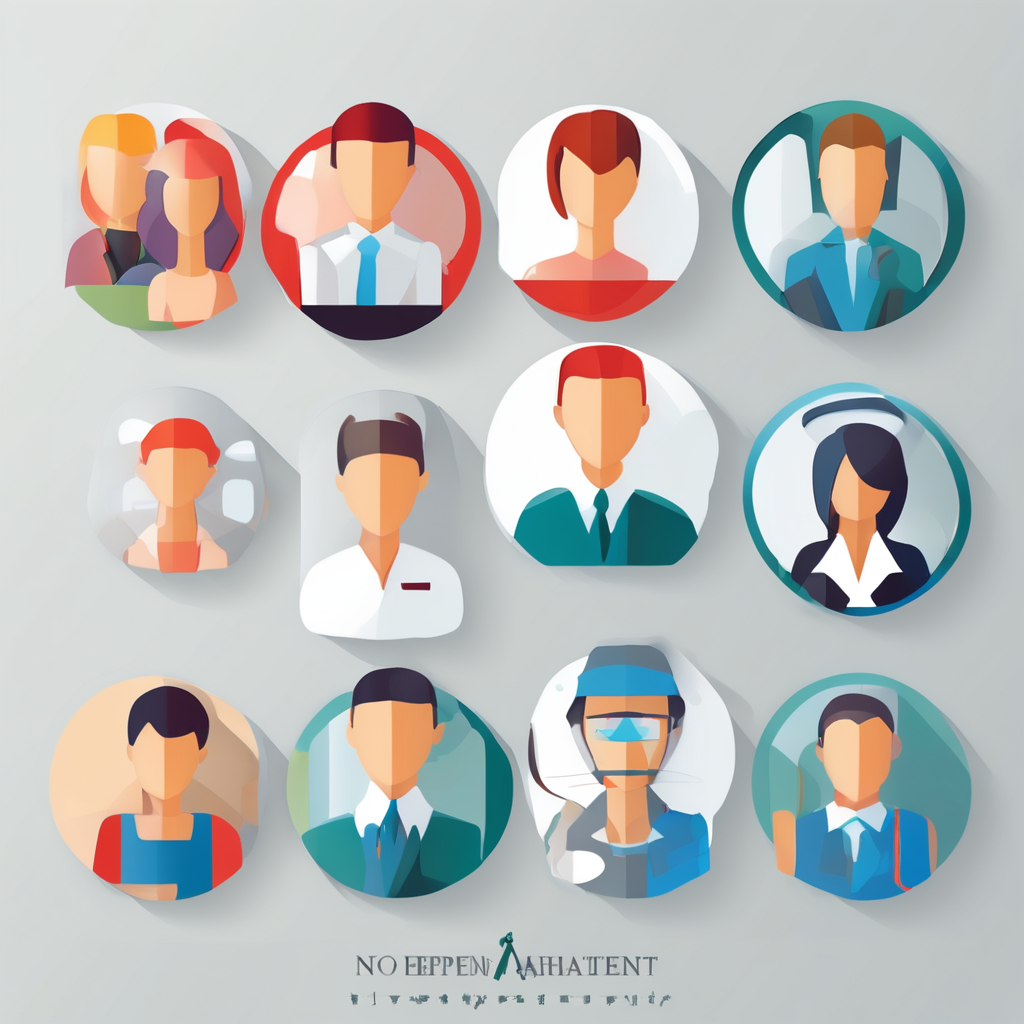Knowledge is power
Learn about various health topics and stay informed.
Financing options
Discover resources for securing financing for necessary treatments.
Qualified professionals
Connect with qualified health professionals for expert guidance.
Accessible anytime, anywhere
Access our website 24/7 from the comfort of your own home.
Discover Our Mission
Providing Health and Wellness for All
At Help Me Pay For Treatment, we believe that everyone deserves access to reliable health and wellness resources, regardless of their financial circumstances. Whether it’s about managing a disease, maintaining a healthy weight, or caring for a loved one, our goal is to empower our users to take control of their health.
Stay Informed On the Latest Health Topics
Discover the most up-to-date news on diseases, wellness, and pregnancy care for seniors.
Expert Health Professionals At Your Service
Access qualified health professionals for personalized guidance and support.
Secure Financing For Necessary Treatments
Empowering individuals with tools and resources to pay for essential treatments.
Explore Our Categories
Empower yourself with knowledge and secure financing for treatments.
Expert Guidance
Access qualified health professionals for personalized advice.
Financial Assistance
Learn about options for financing and securing treatment funds.
Our Services
Discover the convenience and accessibility of our telehealth services.
Stay Informed
Subscribe to our newsletter now!
See the impact of Help Me Pay For Treatment:
Over 100,000 satisfied clients, 500,000 health resources accessed, and counting!
Blog
Unlocking better health: the impact of continuous blood pressure monitoring on hypertension management
Unlocking Better Health: The Impact of Continuous Blood Pressure Monitoring on Hypertension Management Understanding Hypertension: The Silent Killer Hypertension,[…]
Uncover innovative pain management techniques for individuals with rheumatoid arthritis
Uncovering Innovative Pain Management Techniques for Individuals with Rheumatoid Arthritis Living with rheumatoid arthritis (RA) can be a daunting[…]
Proven strategies for pediatric allergists in the uk to manage severe allergic reactions in children
Evidence-Based Strategies for Managing Allergic Reactions In managing allergic reactions, adopting evidence-based strategies is essential for effective care. The[…]
Revitalizing lives: how uk occupational therapists facilitate recovery for adults with traumatic brain injuries
Overview of Occupational Therapy for Traumatic Brain Injuries Traumatic brain injuries (TBI) can have profound effects on an individual’s[…]
Unveiling Hydrotherapy’s Soothing Impact on Chronic Fatigue Syndrome: A Path to Renewed Vitality
Understanding Chronic Fatigue Syndrome Chronic Fatigue Syndrome (CFS) is a complex disorder characterized by extreme fatigue that cannot be[…]
Boosting Cancer Immunotherapy: Can a High-Fiber Diet Make a Difference? Unveiling the Connection
Understanding Cancer Immunotherapy Cancer immunotherapy is a groundbreaking approach aimed at enhancing the body’s own immune response to fight[…]
Ultimate guide to perfecting your sleep routine: top tips for uk residents
Understanding Sleep Hygiene Improving sleep quality begins with adopting sound sleep hygiene practices. A consistent sleep schedule is paramount.[…]
Game-changing advances in painless cancer detection: explore the most exciting new innovations
Game-Changing Advances in Painless Cancer Detection: Exploring the Most Exciting New Innovations The Quest for Early Cancer Detection Cancer,[…]
Unlocking the power of early exercise: a key strategy to fight childhood obesity
Importance of Early Exercise in Combating Childhood Obesity Childhood obesity is a pressing health concern today, with rising statistics[…]
Unlocking Vitality: Effective Strategies to Enhance Life Quality for Chronic Illness Sufferers
Strategies for Enhancing Quality of Life Enhancing quality of life, particularly for those with chronic illnesses, requires thoughtful and[…]
Top pregnancy exercises to relieve leg cramps: your ultimate uk guide
Understanding Leg Cramps During Pregnancy Pregnancy brings numerous changes to the body, and leg cramps are a common discomfort[…]
Ultimate guide to creating a well-balanced vegetarian diet for uk athletes: fuel your performance with plant-based nutrition
Understanding Plant-Based Nutrition for Athletes Plant-based nutrition is a dietary approach centred around consuming foods that are primarily derived[…]
Discover the art of progressive muscle relaxation: the complete blueprint to conquer insomnia
Understanding Progressive Muscle Relaxation Progressive muscle relaxation (PMR) is a simple and effective method to achieve insomnia relief through[…]
Cutting-edge minimally invasive cancer treatments: pioneering colorectal surgeons in the uk transform surgical approaches
Overview of Minimally Invasive Cancer Treatments Minimally invasive cancer treatments are transforming the landscape of medical procedures, offering innovative[…]
Unlocking wellness: the positive impact of intermittent fasting on polycystic ovary syndrome (pcos) management
Overview of Intermittent Fasting Intermittent fasting has gained popularity for its potential in PCOS management and overall health benefits.[…]
Must-have mobility scooter attributes for seniors: key features to enhance your freedom
Essential Safety Features for Mobility Scooters When it comes to senior mobility scooters, ensuring safety features is crucial for[…]
Decoding the uk guidelines on fetal spinal abnormality screening: essential insights and recommendations revealed
Overview of UK Guidelines on Fetal Spinal Abnormality Screening In the UK, the fetal screening guidelines are carefully designed[…]
Sound therapy unveiled: transforming anxiety disorder treatment with the power of calming frequencies
Overview of Sound Therapy Sound therapy has been gaining attention as a beneficial approach for anxiety treatment by utilising[…]
Thriving on a Raw Food Diet: Essential Energy-Boosting Tips for Cold UK Winters
Understanding the Raw Food Diet and Its Benefits The raw food diet is centered around consuming mostly uncooked and[…]
Essential foods to avoid for relieving irritable bowel syndrome discomfort
Introduction to Irritable Bowel Syndrome and Dietary Management Understanding IBS is crucial in addressing its challenges and discomforts. Irritable[…]
